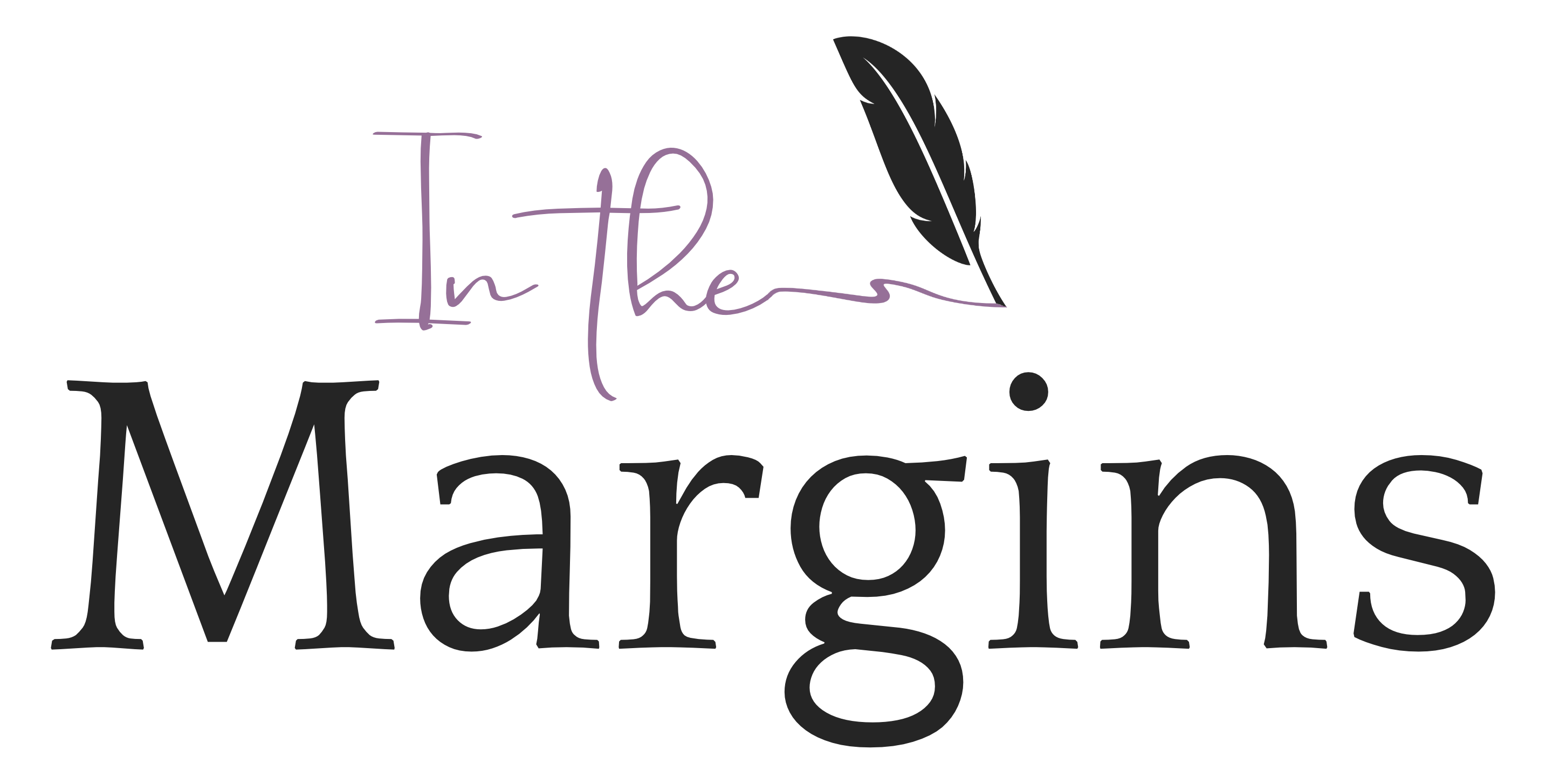Assessing feedback is a skill, and while most writers tend to develop a gut instinct for it, that takes time.
I recently worked with a client who had received such varied feedback from their initial readers that they felt confused and pulled in too many directions. For example, their manuscript was sci-fi/fantasy, but one of their readers writes/prefers to read romance and had insisted on a romantic connection between two of the characters where (at least on my read) none was on the page.
More importantly, it was a connection the author didn’t want. When they asked me about this on our follow up call, I told them that if feedback doesn’t feel right (it didn’t) and they can identify a bias in the reader (romance author insisting on romance), then chuck it. I could hear their relief when they said, “Okay, next question.”
Feedback bias is a topic I can get particularly heated about and I often feel overly protective of authors when I see it. I’ve experienced this myself and know how frustrating that can be. I can also empathize with how confusing it can be if you aren’t secure enough in your abilities or your story to say, “No, that doesn’t work for my story.”
This is why feedback skills are important for all writers. You need to know not just how to give constructive criticism, but also in how to receive and assess the quality of the feedback you receive.
Here are a few things to consider when assessing feedback you receive:
1) Who is the source of the feedback? Are they reliable? Do they know (and like) your genre? What is their writing like?
Feedback is subjective. This is such an important fact that I include it as a note in my contracts. Yes, that’s right: even your editors will have their own biases built from personal experiences, knowledge, etc. (although those of us who are skilled do our best to be mindful of those biases and remove ourselves from them as we read through manuscripts).
Take the example above: a sci-fi author getting feedback from a romance author who reads only romance (and therefore doesn’t know the tropes, archetypes, etc. of sci-fi) may not be getting feedback that makes sense for their story.
2) Is the feedback suggesting there is a problem with the story, your craft, or the market?
If there is a story problem, a developmental editor may be able to help you identify it and get it back on track.
If it’s with your craft, that will come with time or practice, though plenty of editors are happy to help build writing skill.
If you’ve been submitting your manuscript to agents and you have some telling you the market isn’t right (it ebbs and flows), then you can feel okay about the first two elements and move on to something else until you think the market swings back in your favor.
3) Is the feedback overly negative? Overly positive?
Good feedback is balanced. There may be things a reader doesn’t like, but good feedback will also highlight what you do well. There may be things they love, but also things they believe you need to improve.
The idea is to encourage you to keep doing what’s working and help you to fix or improve what isn’t. If someone is only tearing you down or only gushing over your manuscript, then they don’t have your best interests (or the best interests of your story) at heart.
4) Does it feel like the person is trying to control or change your story?
Good feedback might say: “I don’t understand this,” or “Have you considered doing…?” or “Earlier you gave the impression the character is more ABC, but now they are XYZ. Is this intentional? We may need to see that progression.”
Bad feedback will tell you what to do with your story. “This is cool, but you should do this instead,” or “You should change her name to [name]” (yes, a writer got that feedback once), or “I don’t like that you did this, I like it better when…”
When you can sense that someone is trying to insert their own storytelling or preferences rather than trying to uplift your story, you can safely step back from that feedback and know it won’t be beneficial to you.
5) If you have received feedback from multiple sources, is there any consistency? Is it split?
If you’ve ever sat in a writing workshop, you’ve seen this happen live. Feedback can be heavily divided (again, it’s subjective!) or you can have an entire room go, “Hell yeah, this was awesome,” or “This section was really confusing.”
If the feedback is split, you consider all of it and go with your gut. But if you find you’ve got a good sampling of feedback from solid sources (see my first point) and they are all agreeing, then that’s something you should give heavy consideration to.
Wrapping Up
Not all feedback will be good quality. Learning how to identify what suggestions are valuable and which ones you can set aside will help you grow and improve your storytelling.




